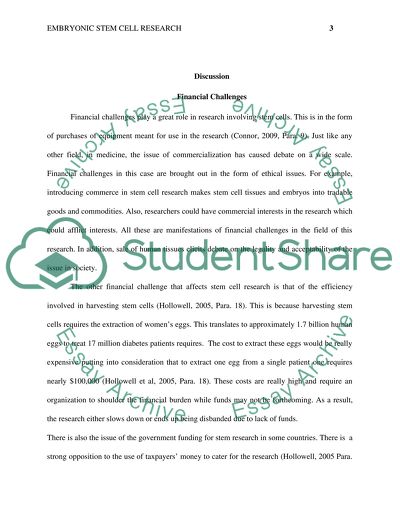Cite this document
(“Embryonic Stem Cells Research Paper Example | Topics and Well Written Essays - 2250 words”, n.d.)
Embryonic Stem Cells Research Paper Example | Topics and Well Written Essays - 2250 words. Retrieved from https://studentshare.org/health-sciences-medicine/1453173-embryonic-stem-cells
Embryonic Stem Cells Research Paper Example | Topics and Well Written Essays - 2250 words. Retrieved from https://studentshare.org/health-sciences-medicine/1453173-embryonic-stem-cells
(Embryonic Stem Cells Research Paper Example | Topics and Well Written Essays - 2250 Words)
Embryonic Stem Cells Research Paper Example | Topics and Well Written Essays - 2250 Words. https://studentshare.org/health-sciences-medicine/1453173-embryonic-stem-cells.
Embryonic Stem Cells Research Paper Example | Topics and Well Written Essays - 2250 Words. https://studentshare.org/health-sciences-medicine/1453173-embryonic-stem-cells.
“Embryonic Stem Cells Research Paper Example | Topics and Well Written Essays - 2250 Words”, n.d. https://studentshare.org/health-sciences-medicine/1453173-embryonic-stem-cells.


